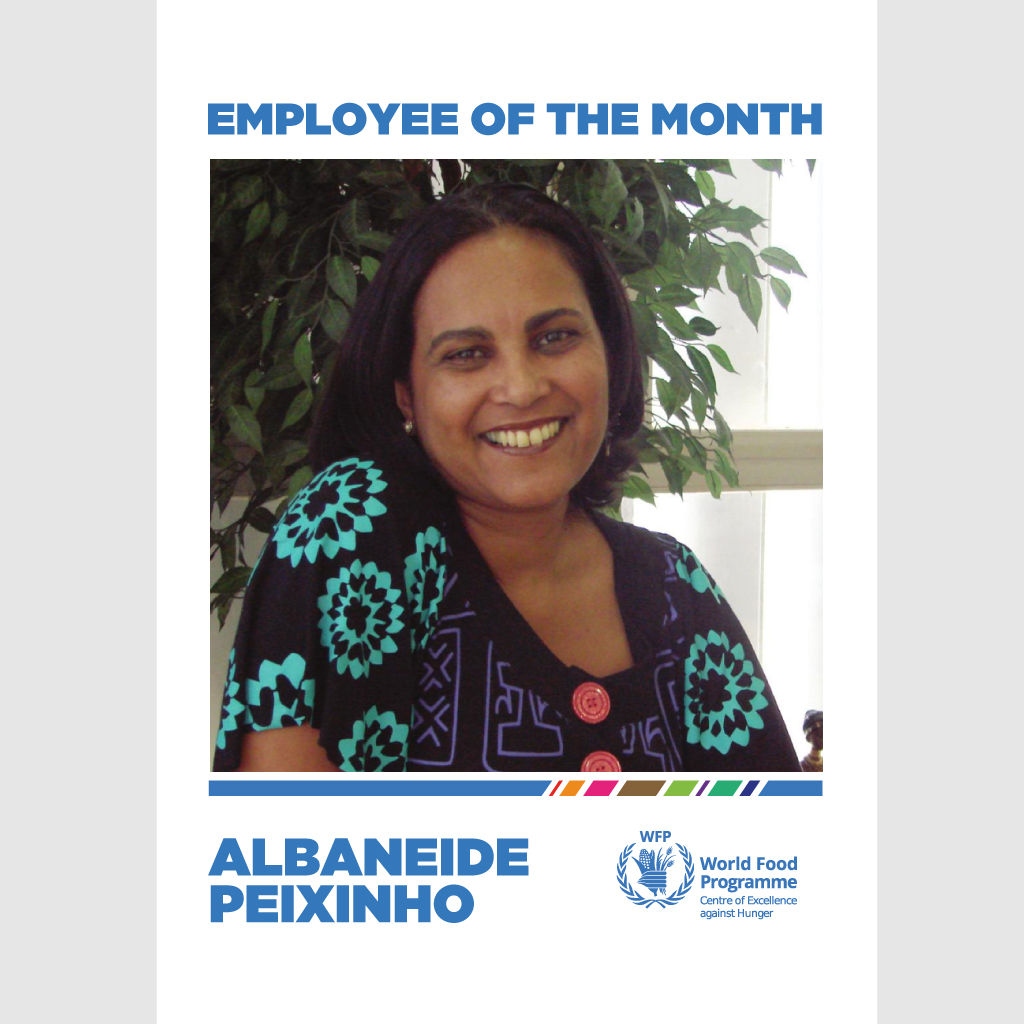
Albaneide Peixinho got to know hunger and the difficulties of the Brazilian ‘sertão’ (hinterlands) up close. “Sometimes, it didn’t rain for two years straight. People had tanks to accumulate water or they would have to travel far to fetch it”, she recalls. Born in Serrinha, in the state of Bahia, Alba, as her colleagues call her, studied in public schools all her life. When she moved to the state capital Salvador, her brothers were already studying at university and two of them were studying health sciences, which led her to get interested in nutrition, the career she chose to pursue.
The motivations were many. On the one hand, she was interested in public health. On the other hand, she had a desire to work directly with education and behaviour change. After graduating from the Federal University of Bahia, in the early 1980s, she came to Brasília to work as a nutritionist in hospitals, but already had the plan to work with public policies. “I volunteered to work in primary healthcare centres, and I was already thinking about a national public policy on nutrition, which was a big problem in Brazil at the time. It was a daily learning experience”.
Alba also started to get involved with health reform and was part of a group of nutritionists who worked on the design of a food and nutrition security plan for the country. It was then that she entered the world of school feeding for the first time. She worked with the government of the Federal District in drafting bills and then went on to the National Education Development Fund (FNDE), where she coordinated the School Feeding Programme.
Arrival at the WFP Centre of Excellence
“Since that period at FNDE, I thought it was important to work on the idea that school meals were part of the pedagogical, nutrition and food education project,” says Alba. After more than ten years in that role, Alba joined the WFP Centre of Excellence against Hunger in 2015 as Project Coordinator. Her first mission as a team member was to coordinate a three-year nutrition project in partnership with the Bill & Melinda Gates Foundation, from 2015 to 2018.
During that period, the Beyond Cotton project was already being designed, with its launch taking place in 2017. “My mother used cotton oil when I was a child and that’s where the inspiration for the project came from,” says Alba. The initiative is a partnership between the WFP Centre of Excellence and the Brazilian Cooperation Agency (ABC) and is supported by the Brazilian Cotton Institute. The main goal is to support smallholder cotton producers and public institutions in African countries to link cotton by-products (such as oil) and intercropped crops (corn, sorghum and beans) to safe markets, including local school feeding programmes.
Nutrition
The team coordinated by Alba also developed another project recently, this time in partnership with ABC and the Brazilian Ministry of Health, with a focus on international cooperation to combat the double burden of malnutrition (coexistence of micronutrient deficiencies and malnutrition, overweight and obesity). With the arrival of the pandemic, many face-to-face activities were cancelled, but the team continues to work remotely.
For Alba, food education plays an important role during the pandemic. “There are people with poor nutrition due to hunger and also poor nutrition due to obesity. Most emergency food baskets being distributed at the moment are composed of processed and ultra-processed food, but this is all that can be done in many cases”, she explains. “Our job at the moment is also to train people, raise awareness about the importance of a balanced diet”, she adds.





